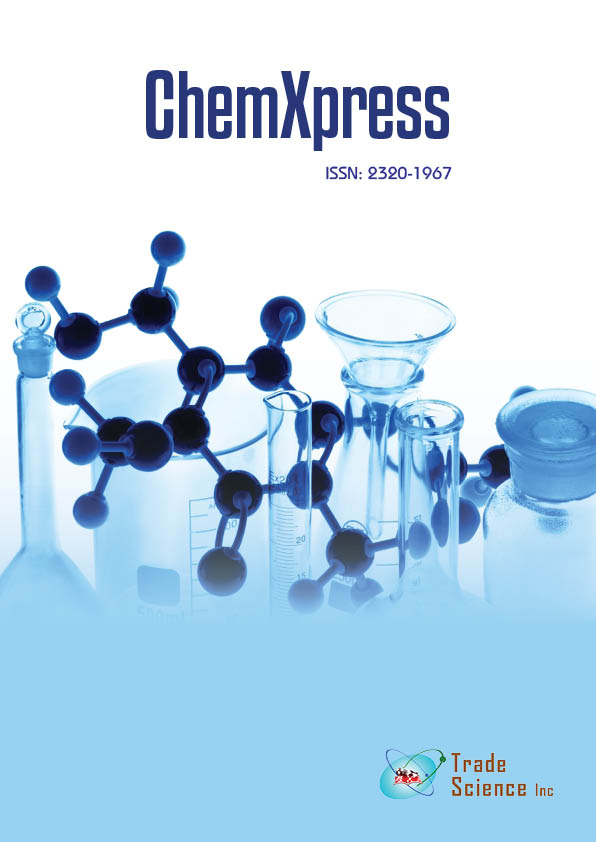Abstract
Synthesis of Polymers with
Author(s): Josie McCoyπ-Polymerization is typically the sole way to make conjugated polymers. Typical conjugated polymer synthesis methods are briefly discussed in this viewpoint article, and a novel way for producing conjugated polymers via rearrangement is given. Many conjugated structures were produced in polybutadiene during the metalation process due to double bond migration. On the product structure, the effects of reaction duration, temperature, and catalyst dose were examined. FTIR, 1H NMR, and 2D HSQC NMR spectra were also used to validate the structure of the compounds. Thus, a possible reaction mechanism was proposed, in which polybutadiene generates allylic carbanions in the presence of n-butyllithium, and then the double bonds migrate through the carbanions rearrangement to generate many conjugated structures in the backbone chain.π-Polymerization is typically the sole way to make conjugated polymers. Typical conjugated polymer synthesis methods are briefly discussed in this viewpoint article, and a novel way for producing conjugated polymers via rearrangement is given. Many conjugated structures were produced in polybutadiene during the metalation process due to double bond migration. On the product structure, the effects of reaction duration, temperature, and catalyst dose were examined. FTIR, 1H NMR, and 2D HSQC NMR spectra were also used to validate the structure of the compounds. In the presence of n-butyllithium, polybutadiene forms allylic carbanions, and subsequently the double bonds migrate through the carbanions rearrangement to generate numerous conjugated structures in the backbone chain, according to one probable reaction process
